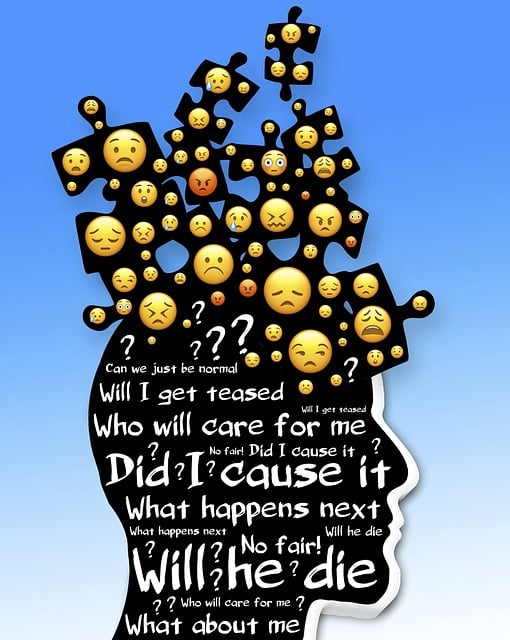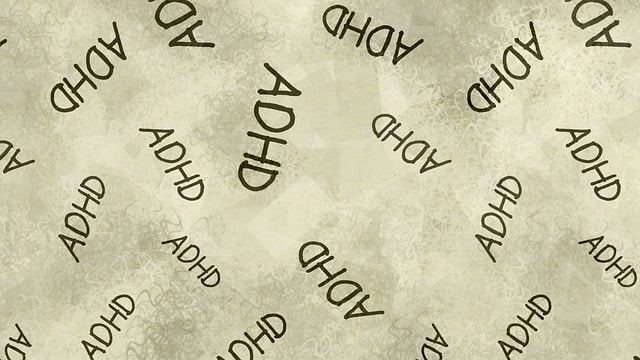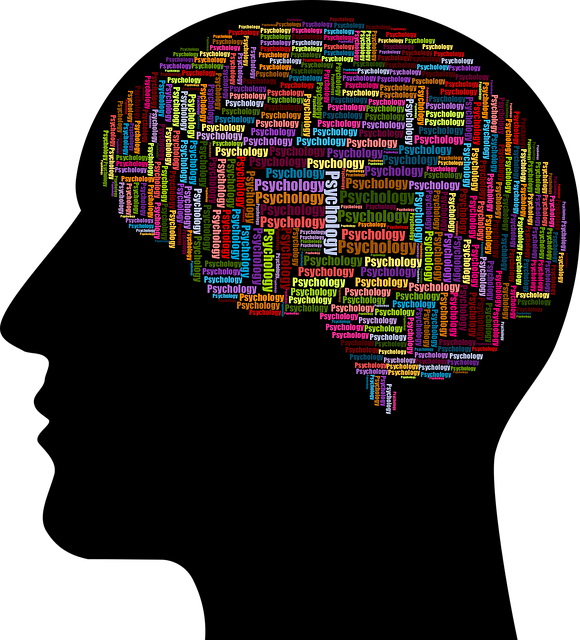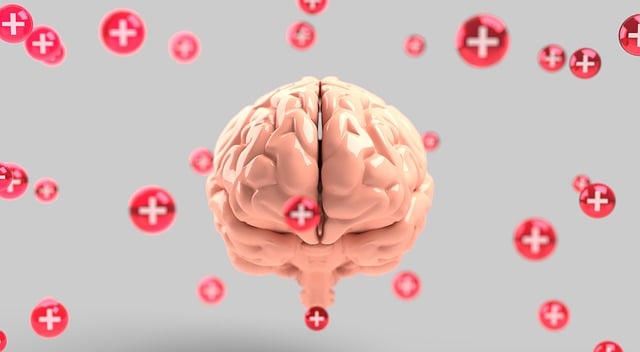Mental wellness apps have become popular due to growing awareness of mental health needs, offering accessible support for stress, anxiety, depression, and specific challenges like Denver Alcohol Abuse Therapy. Ideal apps provide personalized treatment plans, evidence-based tools, and cultural sensitivity, with features like adaptive reminders and community forums. Development involves thorough research, intuitive design, advanced technology, and data security. Success in the competitive market requires effective marketing, emphasizing personalized support and accessibility to attract users seeking Denver-based therapy services.
In today’s fast-paced world, mental wellness apps are becoming indispensable tools for managing stress, anxiety, and even alcohol abuse. With a focus on accessible care, these applications offer personalized support and guidance. This article explores the growing need for mental health solutions like Denver Alcohol Abuse Therapy apps, delving into key features, development processes, and effective marketing strategies to ensure their success. By understanding user requirements, leveraging innovative technologies, and implementing tailored engagement tactics, developers can create impactful tools for better mental well-being.
- Understanding the Need for Mental Wellness Apps
- Key Features of an Effective Denver Alcohol Abuse Therapy App
- Development Process and Technologies
- Marketing and User Engagement Strategies
Understanding the Need for Mental Wellness Apps

In today’s fast-paced world, mental wellness is a critical aspect of overall health, often taking center stage due to increasing awareness and the growing need for accessible support. The demand for effective solutions has led to a surge in popularity for mental wellness apps, offering a convenient and often discreet way to manage stress, anxiety, depression, and other common mental health challenges. These digital tools are especially relevant in areas like Denver, where access to specialized services such as Denver Alcohol Abuse Therapy might be limited for various reasons, including geographical barriers or personal preferences for non-traditional treatment methods.
Mental wellness apps provide a range of benefits, from crisis intervention guidance and social skills training to promoting self-care practices and mindfulness techniques. They cater to diverse user needs, ensuring individuals can receive personalized support tailored to their unique circumstances. With the right app, users can access resources anytime, anywhere, fostering a sense of empowerment and control over their mental health journey, especially in situations where immediate professional help is not readily available.
Key Features of an Effective Denver Alcohol Abuse Therapy App

An effective Denver Alcohol Abuse Therapy app should offer a comprehensive suite of features tailored to address the unique needs of individuals seeking recovery from alcohol-related issues. Firstly, it must provide personalized treatment plans, allowing users to set goals and track their progress over time. Integrated crisis intervention guidance can be a game-changer, offering immediate support during moments of high distress. These apps should also incorporate interactive tools like mindfulness exercises, cognitive behavioral therapy (CBT) techniques, and meditation practices known for reducing anxiety relief.
Furthermore, cultural sensitivity in mental healthcare practice is paramount. The app should accommodate diverse user backgrounds by incorporating culturally responsive content and ensuring inclusive language. Features such as adaptive reminders, progress visualizations, and community forums can foster a supportive environment, encouraging users to stay committed to their recovery journeys.
Development Process and Technologies

The development process of a mental wellness app is a meticulous journey that involves several stages. It begins with extensive research and understanding of the target audience’s needs, especially in contexts like Denver Alcohol Abuse Therapy, where specialized care is paramount. This phase is crucial for identifying specific features and functionalities required to address common mental health issues effectively. After defining the scope, designers and developers create wireframes and prototypes, ensuring an intuitive user experience that caters to diverse user preferences.
Technological choices play a pivotal role in app development. For instance, leveraging machine learning algorithms can enhance personalized therapy recommendations while integrating natural language processing facilitates interactive conversations with virtual therapists. Additionally, cloud-based architectures ensure data security and scalability, enabling users to access resources seamlessly. Incorporating Burnout Prevention Strategies for Healthcare Providers within these platforms can further enrich the app’s value, contributing to overall mental wellness efforts.
Marketing and User Engagement Strategies

In the competitive market of mental wellness apps, effective marketing and user engagement strategies are pivotal for success. One powerful approach is to tap into the growing demand for Denver Alcohol Abuse Therapy services. By emphasizing the app’s ability to provide accessible and personalized support for those struggling with alcohol addiction, developers can attract a targeted audience seeking help. Utilizing digital marketing channels, such as social media platforms and search engine optimization, ensures that potential users discover the app when looking for Denver-based therapy options.
Additionally, fostering user engagement involves more than just attracting new customers; it’s about creating a community centered around emotional healing processes. Incorporating interactive features, like journaling prompts or peer support groups, can encourage regular app usage and foster positive thinking among users. Engaging content, including educational articles on topics like risk assessment for mental health professionals, further enhances user experience and builds trust in the app’s capabilities.
The development of mental wellness apps, particularly those focused on addressing issues like Denver Alcohol Abuse, is a growing and impactful field. By integrating effective features, utilizing modern technologies, and employing strategic marketing, these apps have the potential to revolutionize access to care. As the demand for digital mental health solutions continues to rise, developers can play a crucial role in enhancing well-being and creating a more supportive society.














